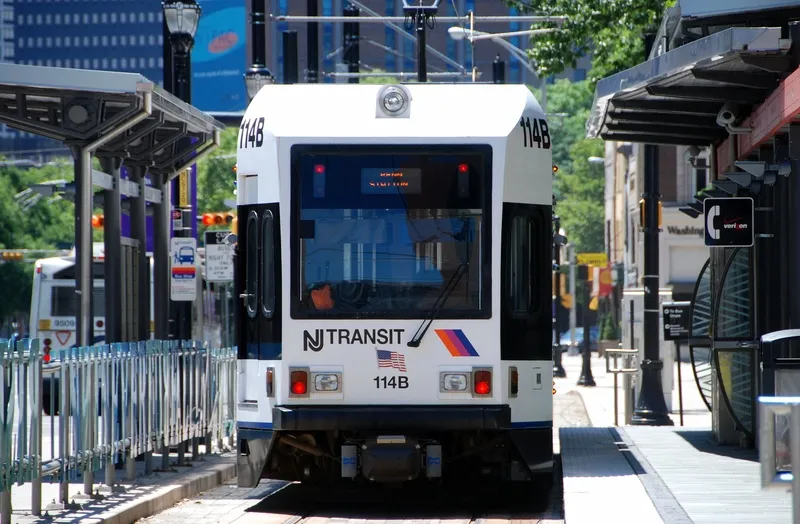
Conduent Transportation, a provider of smart mobility solutions, has received a five-year contract renewal from New Jersey Transit to continue upgrading contactless fare collection.
Also under the new contract, which builds on a relationship of more than 30 years with NJ Transit, Conduent will maintain various hardware and software systems, including ticket vending machines and on-board validators.
Last fall, under the previous contract, Conduent implemented a Tap & Ride payment option for the transit authority, allowing New Jersey bus and light rail customers to use contactless credit and debit cards. The system is usable with existing validators on buses and at light rail stations. Additional ticket types, including Google and Apple payment options, are being made available.
NJ Transit is the largest statewide public transportation system in the US and third largest transit system. It provides more than 925,000 weekday trips on 263 bus routes, three light rail lines, 12 commuter rail lines and its Access Link paratransit service. It links major points in New Jersey, New York and Philadelphia.
“The convenience of digital, contactless payments is transforming how we purchase, pay and get paid in every aspect of our lives,” said Adam Appleby, president of transportation solutions at Conduent.
Similarly, in nearby Philadelphia, Conduent recently implemented for Septa - the Southeastern Pennsylvania Transportation Authority - contactless payment options on transit, including buses, subways and trolleys. Septa is one of the largest transit systems in the country, serving five counties in the Greater Philadelphia area and connecting to Delaware and New Jersey transit systems. It operates across six transportation modes and has 2,800 vehicles in service, 285 subway and rail stations, plus 13,000 bus and trolley stops.
Septa customers can now tap their credit and debit cards or use mobile payment apps such as Apple Pay or Google Pay at turnstiles and fare boxes. These capabilities will be extended to all Septa modes when they launch on Regional Rail lines in 2024.
Conduent Transportation provided streamlined, high-volume mobility services and solutions, spanning road usage charging and advanced transit systems installed in more than 20 countries. The company uses cloud computing, artificial intelligence, machine learning, automation and advanced analytics to deliver its solutions.









